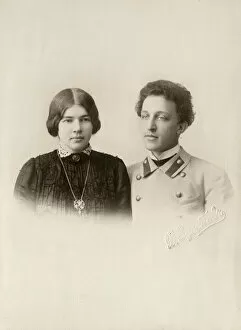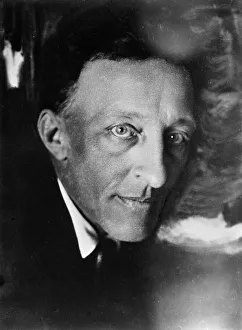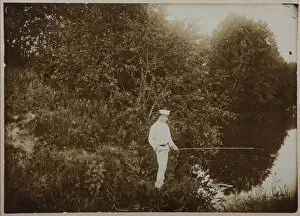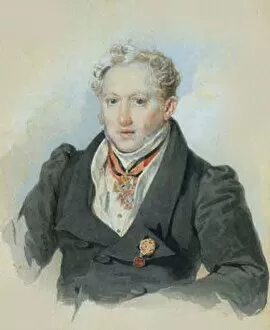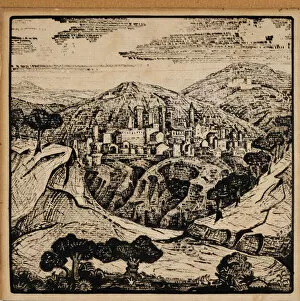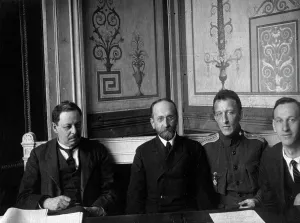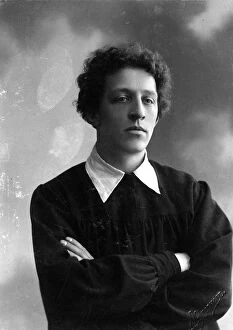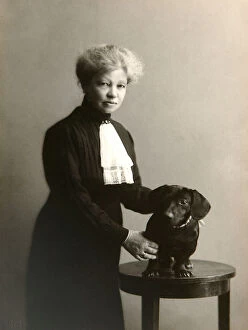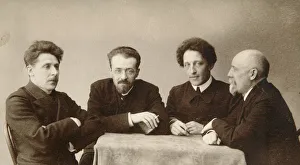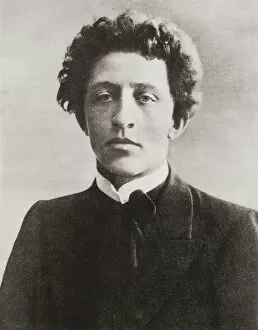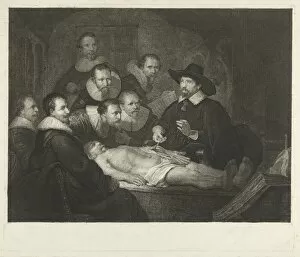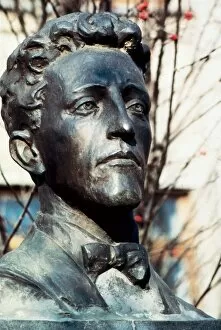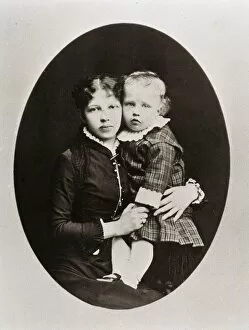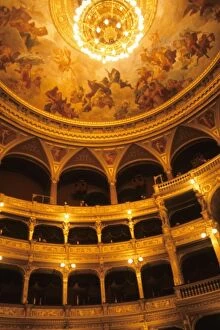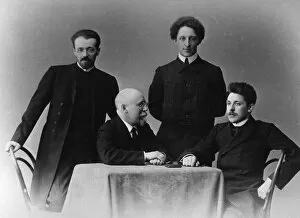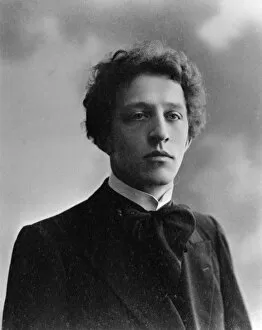Blok Collection
Alexander Blok was a renowned Russian poet who lived from 1880 to 1921
All Professionally Made to Order for Quick Shipping
Alexander Blok was a renowned Russian poet who lived from 1880 to 1921. He is often depicted alongside his wife, Lyuba, in various photographs and paintings from the early 1900s. One such portrait by Dmitri Spiridonovich Zdobnov captures the couple's love and companionship during that time. Blok's poetry was known for its revolutionary spirit, as seen in his famous quote: "To the grief of all the bourgeois we'll fan a worldwide conflagration. " This sentiment reflects his desire to ignite change and challenge societal norms. In addition to being an influential poet, it also enjoyed fishing. A photograph taken in Shakhmatovo in 1894 shows him indulging in this hobby, perhaps finding solace and inspiration amidst nature's beauty. Although there were other individuals with similar names throughout history, it is important not to confuse Alexander Ivanovich Blok (1786-1848) with our celebrated poet. The latter made significant contributions to Russian literature and left an indelible mark on its cultural landscape. The impact of Alexander Blok's work extended beyond words alone; it inspired artists like Nicholas Roerich. Roerich created illustrations for Italian Poems by Alexander Blok in 1907, showcasing their shared artistic vision and collaboration. Tragically, Alexander Blok passed away at a young age in 1921. His funeral procession through Petrograd (now St. Petersburg) drew mourners from far and wide who recognized his immense talent and contribution to Russian literature. Throughout his life, both before and after the revolution of 1917, Alexander Blok remained dedicated to his craft as a poet. Photographs from different periods capture him engrossed in thought or engaged with others during literary gatherings—a testament to his commitment as well as social connections within artistic circles, and is worth noting that Alexandra Beketova-Blok played an essential role in supporting her husband's literary endeavors.

